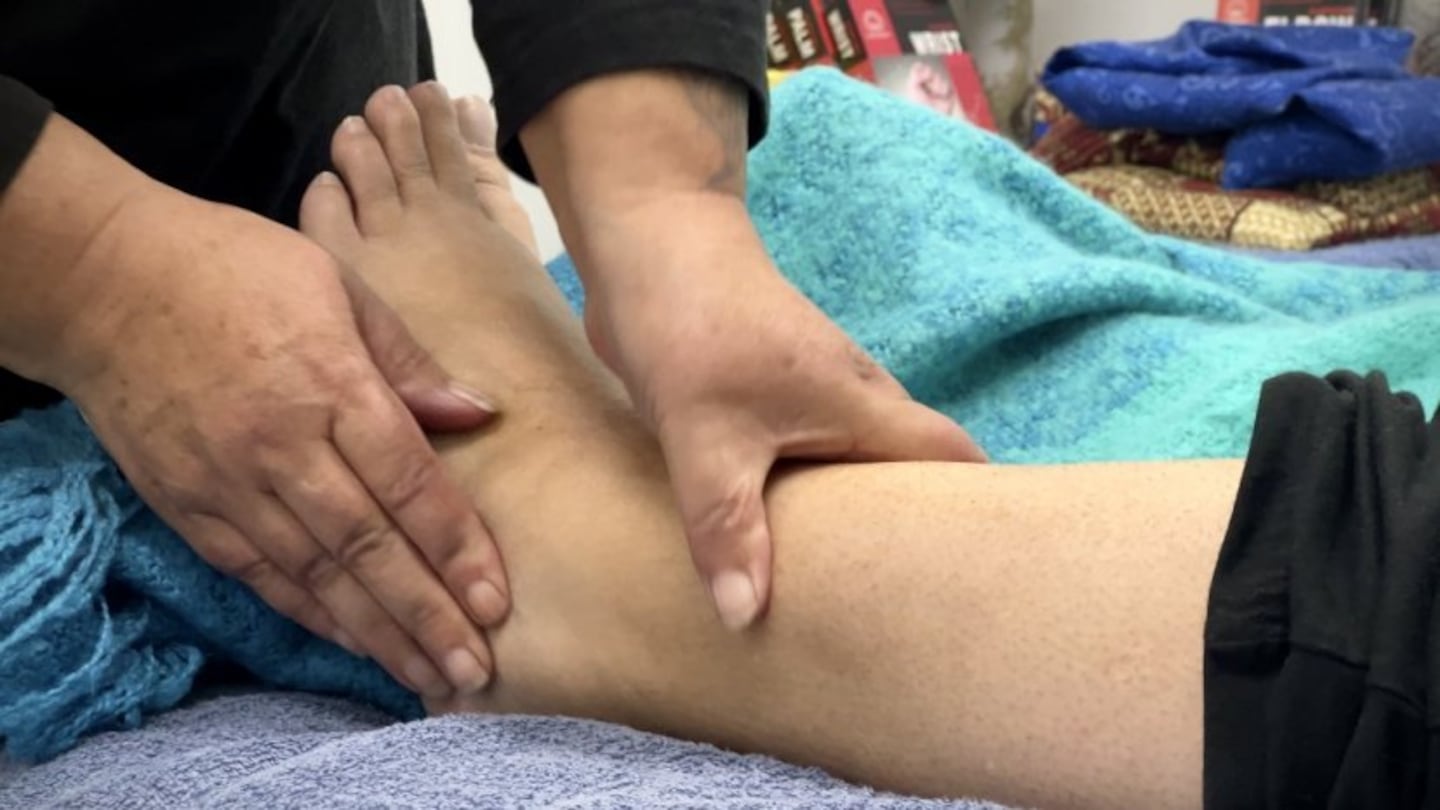Ngaire Hona-Khan is a Rongoā Māori practitioner who believes it is important to have rongoā Māori accessible for all whānau, which is why she is happy to be working alongside ACC for the past three years, helping and supporting whānau with mental and physical injuries.
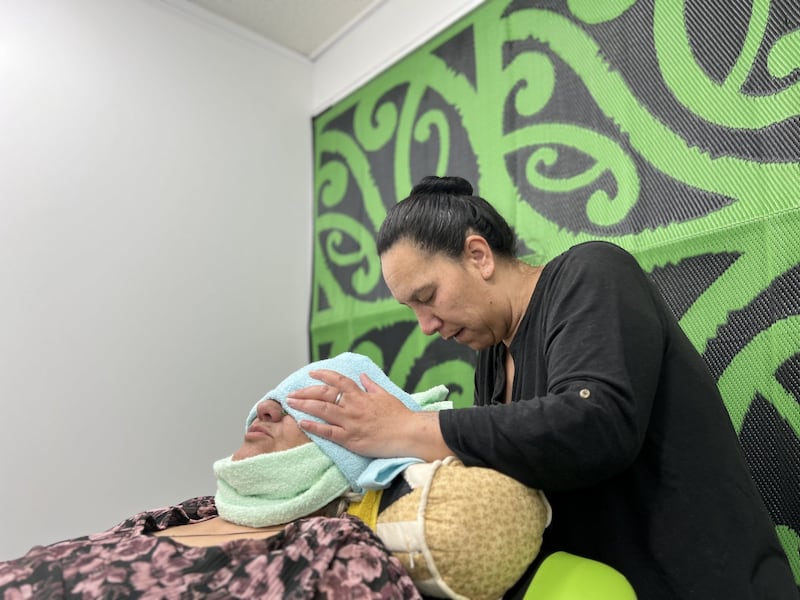
“I'm totally blessed to be working with many of our whānau who request ACC rongoā Māori and for ACC actually providing whānau with this option”.
Although some people think rongoā Māori solely consists of mirimiri, practitioners say rongoā Māori encompasses a range of traditional Māori healing practices, including mirimiri, romiromi (types of massages), whitiwhiti kōrero (talk therapy) and karakia (prayers).
Hona-Khan says although the mahi can be difficult, it’s mainly about providing whānau with the support they need. With the ACC work, that means bringing whānau in from all walks of life with all different backgrounds.
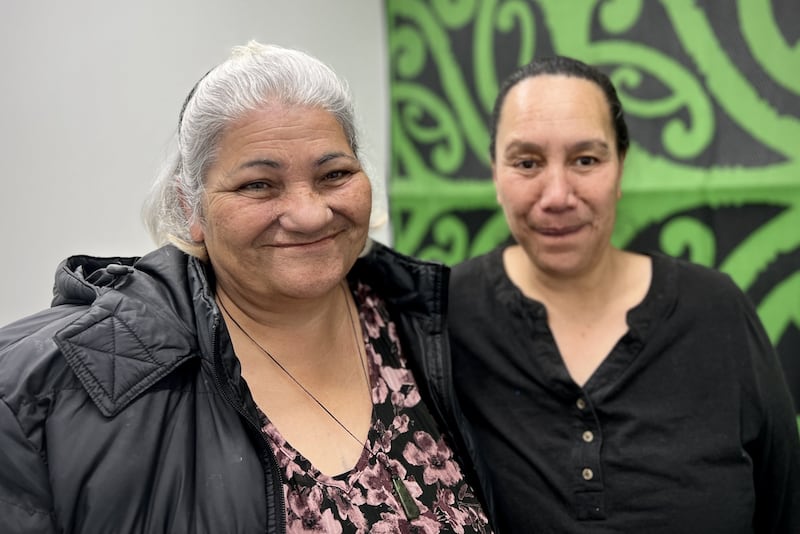
ACC acknowledges the significance of offering rongoā Māori and has formed partnerships with 152 rongoā practitioners nationwide, resulting in the delivery of over 37,800 rongoā sessions for 5,157 individuals.
ACC Māori health manager Eldon Paea highlights the importance of embedding rongoā Māori as a service through ACC.
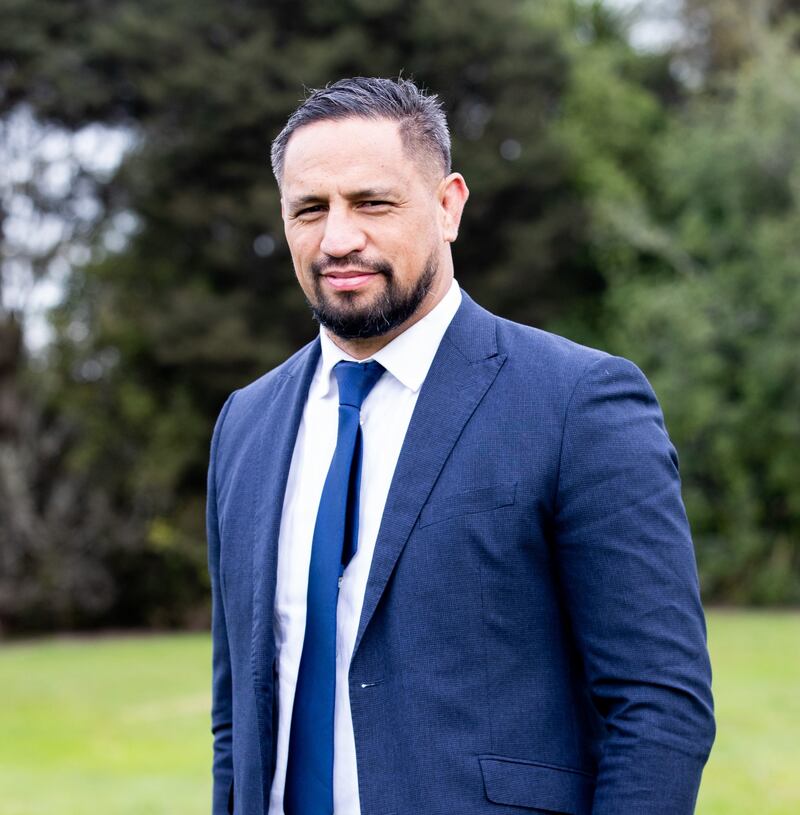
He says as the three-year anniversary of this initiative nears, ACC is excited to continue to deliver Rongoā Māori.
“There are a number of reasons why our whānau weren't accessing the services that they were entitled to and one of the reasons was there was no Te Ao Māori option, so establishing rongoā into the communities that they live in has provided that accessibility”.
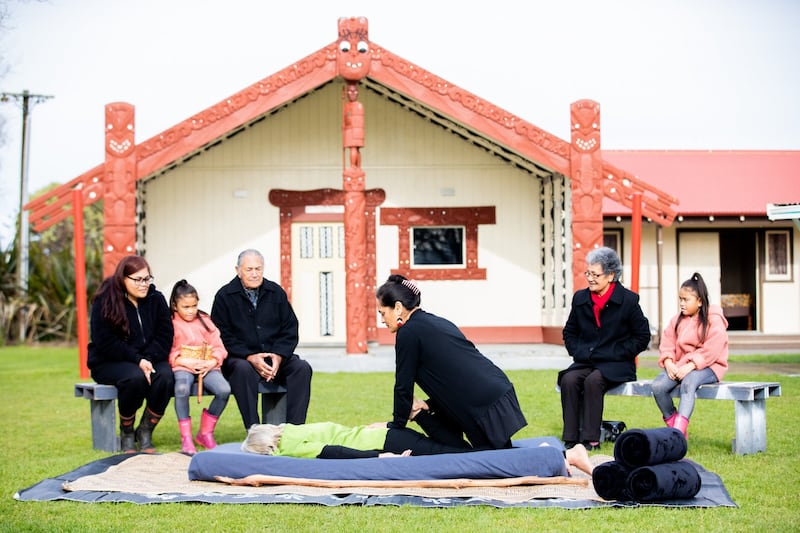
He says because of the reasons whānau weren’t accessing the ACC services, he is now looking to embed rongoā Māori ‘mō āke tonu atu’ - forever.
“Part of that attitude is, we are looking to work with the rongoā community, to ensure that we establish this initiative properly, and figure out a way to execute a plan to run it efficiently and effectively for whānau across the motu.”
Hona-Khan says the opportunity for Māori to be recognised in their area of expertise has been time-consuming.
“Many of us Māori grew up in the 1960s and 1970s, where we only actually saw tohunga who practised rongoā Māori and what we need to understand is that whānau still go to tohunga to this day."
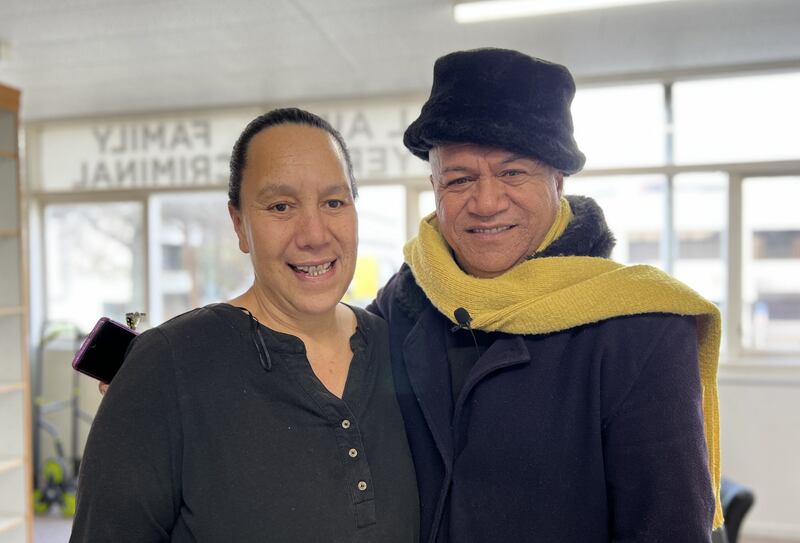
“I come from an era where we went to see the tohunga, instead of the Pākehā doctor, unless we had broken bones, so it is important for ACC and all organisations to offer whānau the option of Rongoā Mārori, as this is a huge part of who we are.”


